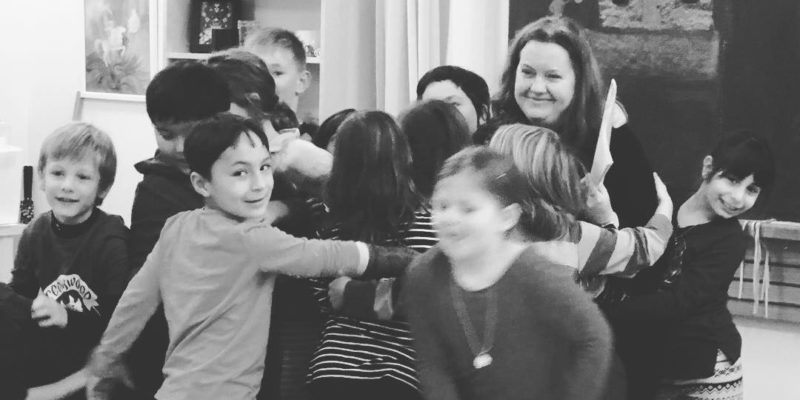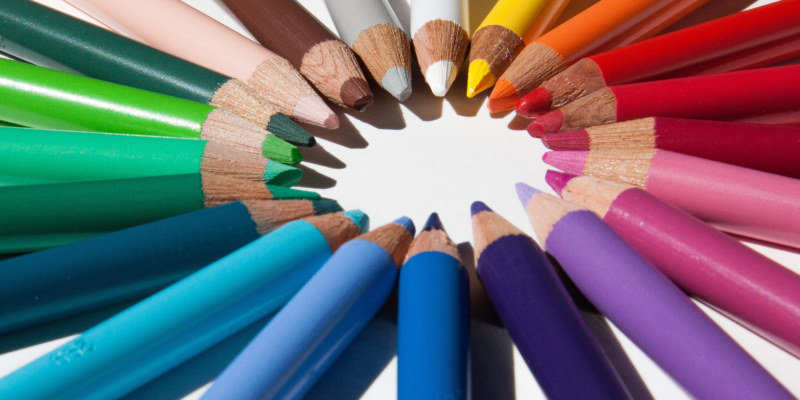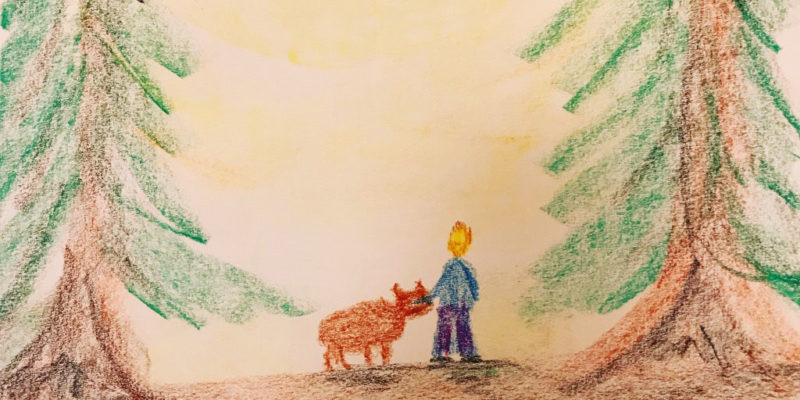In this episode I interview a former colleague, Jenna Dalton. Jenna has a completely joyful and inspired approach to Waldorf music and sharing it with children. If you’re wondering about how to go about fostering a healthy, joyful and inspired relationship to music for your children, Jenna is a great resource.
If you’d like to learn more about Jenna and the work that she’s doing, you can reach out to her at her website Love, Music and Spirit. She offers consultation to parents and teachers who are looking for ways to bring music to their students. As you’ll hear on this podcast, she’s a delight to work with.
You can also find Jenna on her Facebook page.




Thank you for this interview! It was so good to hear Jenna speak to so many points especially how the development of the child factors into musical experiences for children. I am a pianist and piano teacher and am seeking to align my approach to piano teaching with the anthropological approach to child development where I can. That said, Jenna’s position that piano study should wait until high school seems quite extreme to me. I am well aware of Steiner’s thoughts about the piano and I agree that it is a highly mechanical and analytical instrument.
From the viewpoint of the anthroposophical understanding of child development, I can see why this would be the recommendation for piano–this is the stage when children are ready to be analytical. However, in my teaching and lived experience with the piano, the learning curve to develop fluency with keyboard notation (more notes per square inch that any other instrument!) is so steep that even though a high schooler would be very capable of learning quickly, they would simply not have the hours and years before “leaving the nest” to build much fluency. In practice, this means that they would be playing very rudimentary repertoire at a point in their lives when they have a vision of much more satisfying music and their ability to make music with others from the piano would be pretty limited.
Perhaps beginning after the 9 year change (but before high school) would be a good compromise if piano is to be the child’s main instrument. If a student is adding piano as a second instrument and they are highly capable on another instrument as a high schooler, I could see adding piano at that time. Thanks again for the interview!
oops–I meant “anthroposophical” in the first paragraph 🙂